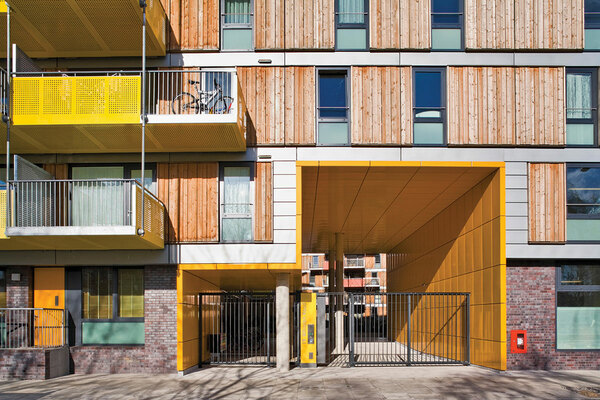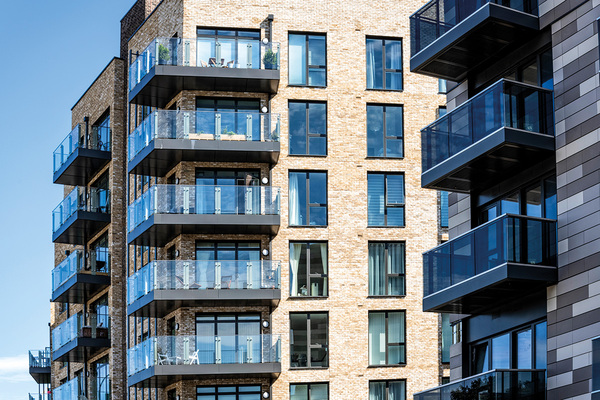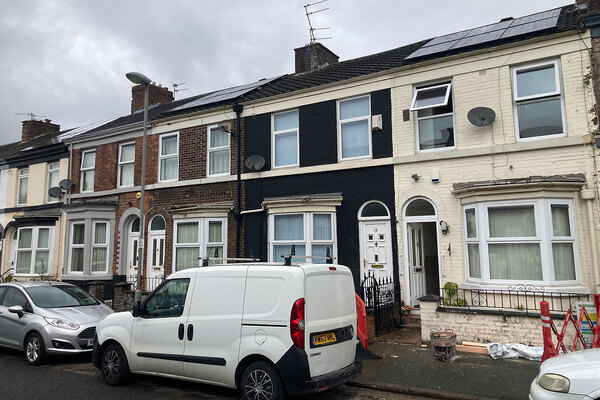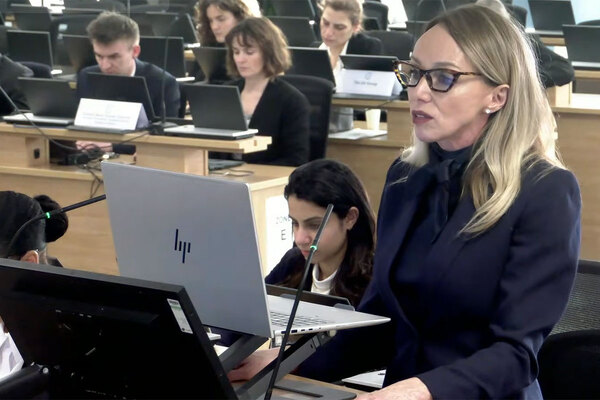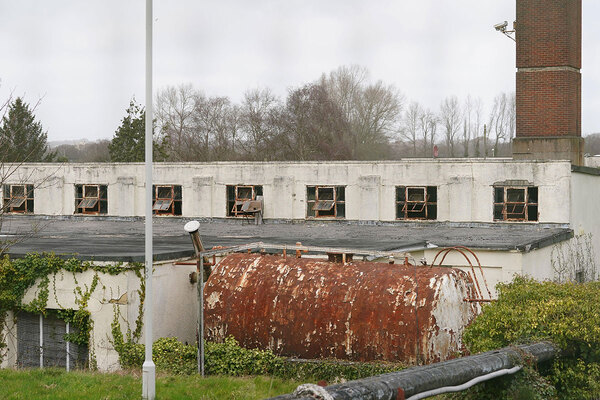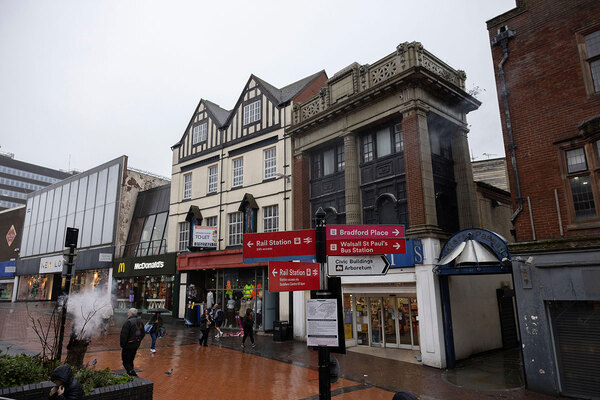You are viewing 1 of your 1 free articles
Sadiq Khan urges government to take ‘urgent action’ to fix EWS crisis with five key steps
London mayor Sadiq Khan has called on the housing secretary to take a series of steps to help unstick the flat sale market after hundreds of thousands of homes have been left unsaleable due to cladding issues.
In a letter to Robert Jenrick, Mr Khan said that “urgent action” is needed from government to release thousands of residents trapped in potentially unsafe buildings and called the current situation “unacceptable”.
The London mayor set out five steps the government could take to help overcome the current crisis, including coming up with a long-term funding solution for every building which requires cladding removal work and called for a new system to be brought in to replace the controversial External Wall System (EWS) form.
He also called for the government to set up a new accreditation and training programme to ensure there are enough competent professionals to carry out an EWS check and work with the insurance industry to ensure engineers are able to access professional indemnity insurance to allow them to carry out checks.
Currently, hundreds of thousands of leaseholders up and down the country are unable to sell or remortgage their homes due to banks being unwilling to lend on flats in multi-occupancy buildings that have potentially dangerous cladding. To satisfy themselves that the cladding on a building is safe and to give the green light for them to issue mortgages, nearly all banks are requiring an EWS check.
An EWS check requires a professional fire engineer to assess the materials in the external wall of a building and fill out the form to say whether the building has a clean bill of health or requires remediation work.
However, there is currently a huge shortage of fire engineers able to carry out these checks, meaning some leaseholders could be waiting years. And those buildings that have been checked, nearly all of them have been signed off as in need of cladding removal. Inside Housing recently revealed that nearly 90% of all EWS checks that had been carried out came back with remediation work being needed.
Mr Khan argued that the crisis was currently hitting Londoners disproportionately as the capital has 63% of the high-rise buildings in the country and 55% of its housing stock is made up of flats or maisonettes, compared with 23% when averaged out across the rest of England.
He added that to resolve the crisis, the dual objectives of ensuring buildings are safe and unlocking the market must be pursued.
As part of the letter, Mr Khan included five areas that he said the government must address to move towards overcoming the paralysis in the market.
This began with a call for a long-term funding solution which would protect leaseholders from the costs and ensure the government covers remediation work where impossible to recover costs for defective works from contractors. He said this would give sellers, purchasers and lenders confidence in the market.
He also called for the government to replace the current EWS system with a more comprehensive method for tracking and enforcing building owners to inspect and remediate buildings. He added that while the EWS form was in use, there needs to be greater clarity for lenders on what buildings require an EWS form and those that do not.
The number of qualified engineers able to carry out EWS checks is a major issue, with only 291 chartered fire engineers currently operating in the UK. This is compared with the tens of thousands of blocks currently requiring these checks. There are just over 100,000 blocks over 11m in the UK.
This shortage of fire engineers is further limited by the availability of professional indemnity insurance for these professionals, with the cost of insurance increasingly massively for people in this line of work since the Grenfell Tower fire.
Mr Khan said to tackle this shortage, a formalised government programme to train and accredit more of these professionals will be needed, while some of those working in similar roles should be upskilled to tackle the short-term demand.
This should be matched by close work with the insurance industry to ensure there are clear standards of professional competence to ensure professional indemnity cover can be obtained for those with appropriate qualifications and skills, he wrote.
Mr Khan concluded that the five areas must be addressed and taking action now is critical to ensure the safety of residents and to stop the devastating effects the EWS crisis is having.
A spokesperson for the Ministry of Housing, Communities and Local Government said: “We know many leaseholders are being asked for EWS1 forms when they shouldn’t be – if a building is under 18m you should not need the form.
“There is other evidence that can prove a building is safe, and we expect lenders to accept this for valuations.
“We’re also working with professional bodies to address capacity issues in cases where assessments are genuinely needed in order to help resolve this issue urgently.”
Related stories

